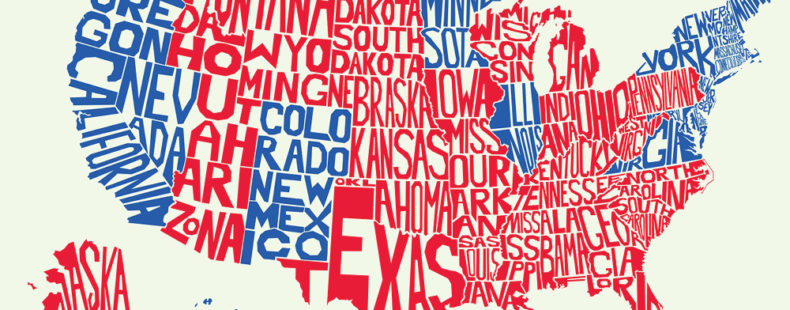Electoral College
As a voter, you’ve got some awesome responsibilities: our democracy depends on your very opinions, after all. You’ve got to research the candidates and issues, for one. You’ve also got to know your voting requirements and your voting machine. (No hanging chads, please.)
But if you’ve got this covered—and we sincerely hope you do—we’d like to throw one more task at you: how well do you know these eight important election words?
Let’s start with the Electoral College.
The United States Electoral College is a group of electors, chosen by the voters to formally elect the president.
There are 538 electors, based on the number of representatives in the House of Representatives (435) and the 100 senators in the Senate. Though this electoral system has been in place since the Constitutional Convention of 1787, the term Electoral College did not enter the vernacular until it appeared in federal law in 1845.
And … some argue it should disappear from our politics and vernacular soon!



















